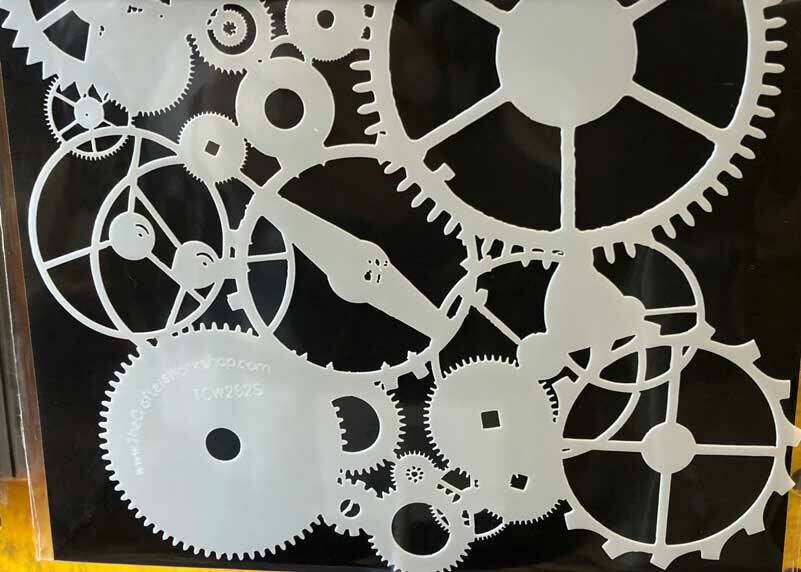By Morf Morford, Tacoma Daily Index
The full proverb is “It takes a village to raise a child”. And, if there is anything parents (especially new parents) know, it is that raising children is an act that requires far more than any two parents can fulfill. Being a parent is more than a full-time job. Far more.
One recent study of long-term, stable, indigenous cultures, showed that, in the strongest cultures, the typical child had eight adults who took on the responsibility of raising that chid.
But we modern Americans barely know what a “village” is, and we have a host of near-total strangers, such as teachers, childcare workers, baby-sitters and a dozen more categories from deliveries to fast food workers, to “help” us care for our families. Just a few months into parenting for the first time, this dependence on unrecognized (and uncountable) others becomes (sometimes literally) breathtakingly obvious.
Which might explain why, in almost every aspect or expression, we Americans tend to deny, diminish and ignore what is perhaps the most unrelenting, beautiful and often frustrating characteristic of being human; we need each other. And not just people we know and work with. We need thousands of hands and multiple acts of creativity and compassion – and just plain hard work, to allow us to live, eat, travel and just about everything else we do.
As we grow up, go to school or work, go places, make friends and make our place in the world, most of us, one way or another, have people who guide us and introduce us to activities, interests and possibilities that we might never encounter without them. From sports to a first job, there are those who came before us who, reliable or not, show us the way.
Single parenting has become a near-default setting in our culture. It is exhausting for the parent, and, in too many cases, a frustrating burden for the children.
In an odd way, single parenting is the natural and inevitable conclusion of a belief system that any single one of us “doesn’t need anyone’s help”.
If a society needs to know (and practice) anything, it is the basic fact that the whole society prospers as all individuals prosper. And any single person marginalized or abandoned is an injury to all of us. We all have a stake in the stable health and productivity of all of our children.
It takes a village to make a meal
Consider a typical morning for virtually all of us; we wake up in a building someone else (actually lots of others) designed, built, and in many cases maintained, by others. We use a bathroom we didn’t design or build, we eat breakfast that came through more hands than we could count and processes that we could not begin to describe, and drink coffee with a variety of condiments, flavorings and enhancements that, in most cases would baffle our grandparents, and, of course, came from half-way around the world. And much more.
And we take it for granted. We rarely think about the origins or final destiny of those things we eat, touch, sit on or drive or use in a hundred other ways.
Everything comes from somewhere
And, of course, when we are done with any given item, we throw it away or recycle it. But either way, it goes into other hands and processes equally opaque if not invisible to most of us.
Everything we touch, from clothing to shoes and eating utensils came to us from unknowable hands and systems.
And when we are done, we send it off to an equally unimaginable set of processes. From garbage to recycling, everything comes from, and goes somewhere.
Our travel, even our most basic movements, are made possible by the labor, research and construction of thousands of others. From suitcases to highways, we rely, in most cases without noticing, on the labor, skill and planning of people we will never know.
When you think about it, very few of us grow, make or invent our own food, clothing, abode, or in fact, anything.
We talk about “freedom” but most of us live a life dependent on the many that we will never see.
If we go to work or go anywhere, we use vehicles, roads and basic rules of the road established, put in place and, as needed, enforced (or not) by others.
In short, the vast majority of us, in ways both intimate and public, immediately and ultimately, rely on the work and ingenuity of thousands of others – most of us have invented or created almost nothing that we use on a regular basis. If we create even one thing (a meal, for example “from scratch” {with items purchased at a grocery store}) we congratulate ourselves. We’ve looked at this idea before.
We may not have direct experience of what a “village” dense with generations of familiar faces, sounds and scents is, or what it means, but the principle still holds true (the principle that we rely on a thousand unknown hands for making a meal or raising a child). And, like living under the unyielding principles of gravity, we are a lot better off when we live according to a set of guidelines that has worked well for millennia.





